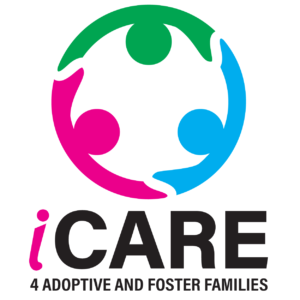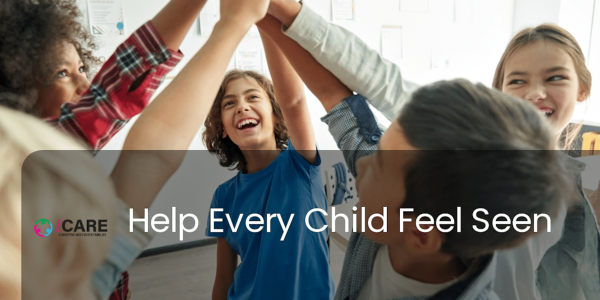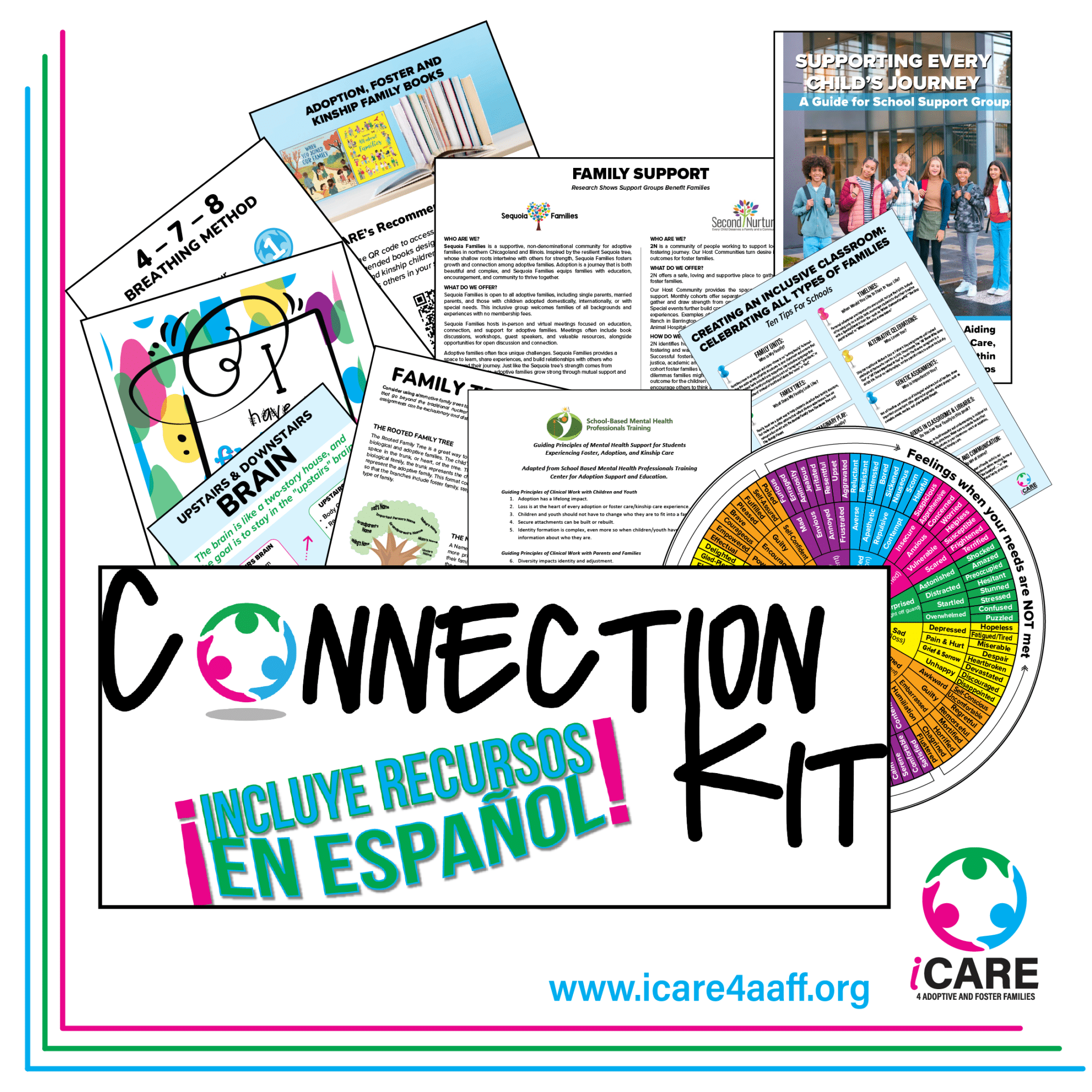Why Training on Adoptive and Foster Care Must Be Standard

The Need for Action: Supporting 300,000 Children in Illinois
In Illinois alone, approximately 300,000 adoptive, foster, and kinship children face significant challenges that often go unnoticed. These children, regardless of being placed in loving homes or with extended family, experience complex emotional and developmental struggles that require specialized support. Our organization is deeply committed to ensuring that all of these children—regardless of their background or where they live—have equitable access to education and mental health services designed to meet their unique needs.
Leading Change: Building Awareness and Support
Over the past year, the iCARE team has had the privilege of collaborating with organizations like NTI and the Center for Adoption Support and Education, leading workshops and presentations at major conferences such as the IASSW and IASB joint conference. These opportunities have allowed us to engage with educators, social workers, and school leaders who are eager to learn how to better support children from foster and adoptive backgrounds. The positive response we’ve received demonstrates a shared recognition that targeted training is critical for effectively addressing the needs of these vulnerable children.
The Economic and Academic Impact of Trauma-Informed Training
Trauma-informed training for educators is not only a moral imperative but also an economic one. Research shows that trauma-informed schools experience a 28% reduction in student dropouts and a 25% decrease in mental health crises. By equipping educators to meet the specific needs of foster, adoptive, and kinship children, schools can reduce the need for costly outplacement to residential treatment centers, saving $80,000 to $160,000 per child annually.
The economic benefits extend beyond the classroom as well. Unaddressed trauma contributes to higher incarceration rates, substance abuse, homelessness, and unemployment—issues that carry immense social and financial costs. For just the 20,000 children in Illinois’ foster care system, a modest 1% improvement in graduation and incarceration rates could save the state nearly $70 million in long-term costs.
These figures underscore the significant return on investment from providing trauma-informed care and training, not only improving academic and social-emotional outcomes for these children but also offering substantial financial savings for schools and the state.
The Risks of a Patchwork System
Unfortunately, without standardized training on the unique needs of adoptive, foster, and kinship children, the current system remains inconsistent. Some schools recognize the need for training and invest in it, while others do not, creating a patchwork approach to care. This inconsistency is risky. Children who have already faced instability may experience further trauma if their behaviors are misunderstood or misinterpreted as defiance or non-compliance, when they may actually be signs of emotional distress due to past trauma. Without proper understanding, these children are at greater risk of academic failure, emotional harm, and poor long-term outcomes.
The Path Forward: Universal Trauma-Informed Care
Our goal is to ensure that every child, in every school, receives the trauma-informed care they need to succeed. By providing all educators with consistent, evidence-based training, we can guarantee that every child—no matter where they live—has access to the support they need to overcome their challenges and thrive academically and emotionally.
Equity = Access + Training
To achieve true equity, we must ensure that every school in Illinois, in every district, is equipped with the knowledge and tools to support foster, adoptive, and kinship children. This means making trauma-informed training a universal standard, not an optional one. When educators are prepared with the right training, they are better equipped to recognize and respond to the impact of trauma, grief, and loss, and to address the root causes of emotional distress. With this support, children’s behaviors are understood, and they receive the care they need to heal and succeed.
The Importance of Preparation
When schools are properly prepared through comprehensive training, children who have experienced instability are met with understanding and compassion. This approach helps to address the underlying causes of their emotional and behavioral challenges, allowing educators to respond with effective support. However, when training is not universal, unprepared educators may misinterpret behaviors or miss opportunities for connection, potentially leading to unnecessary discipline or further emotional distress. Without consistent and comprehensive trauma-informed training, the academic and emotional well-being of these children can be jeopardized.
The Stakes Are High
The stakes are not just moral—they are economic and social as well. Without universal trauma-informed training, we risk perpetuating cycles of failure for thousands of children who desperately need the right support. Moreover, unaddressed childhood trauma contributes to a host of long-term social issues such as substance abuse, homelessness, juvenile delinquency, and unemployment—issues that carry enormous social and financial costs.
The Solution: A Commitment to Equity in Education
The question is not whether we can afford to act—it’s whether we can afford not to. Every child deserves the opportunity to succeed, and for foster, adoptive, and kinship children, this means ensuring they receive consistent, trauma-informed support. By committing to universal training for educators, we can ensure that no child’s success is left to chance.
A Path to Lasting Change
When every school is equipped with the right training, every educator will have the tools needed to support children from foster, adoptive, and kinship backgrounds. This creates a more equitable system, where the care these children receive is not left to chance, but instead is guaranteed to be based on best practices that promote healing, growth, and academic success.
Together, we can create lasting change. Let’s ensure that no child’s future is left to chance. The time to act is now. Every child deserves to feel understood, supported, and empowered in their learning environment. Let’s take action to make sure all 300,000 of these children in Illinois get the care they need to thrive.


